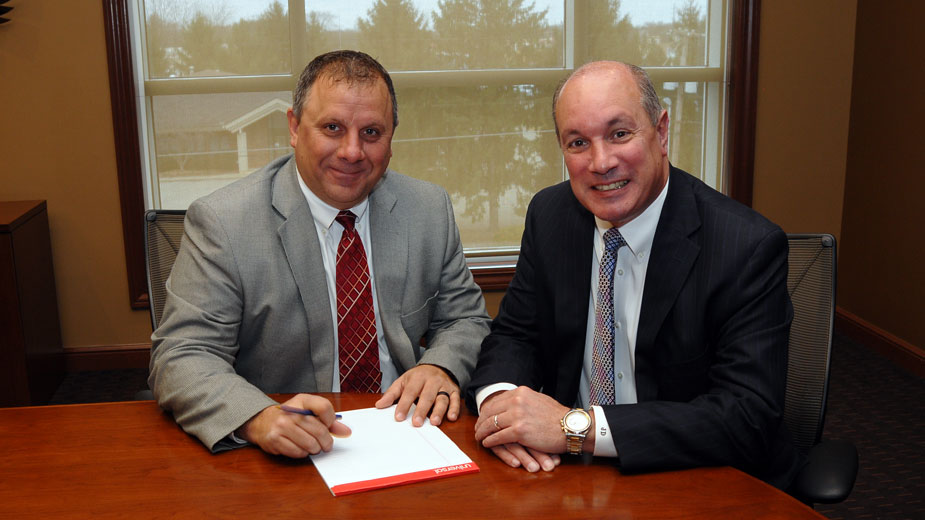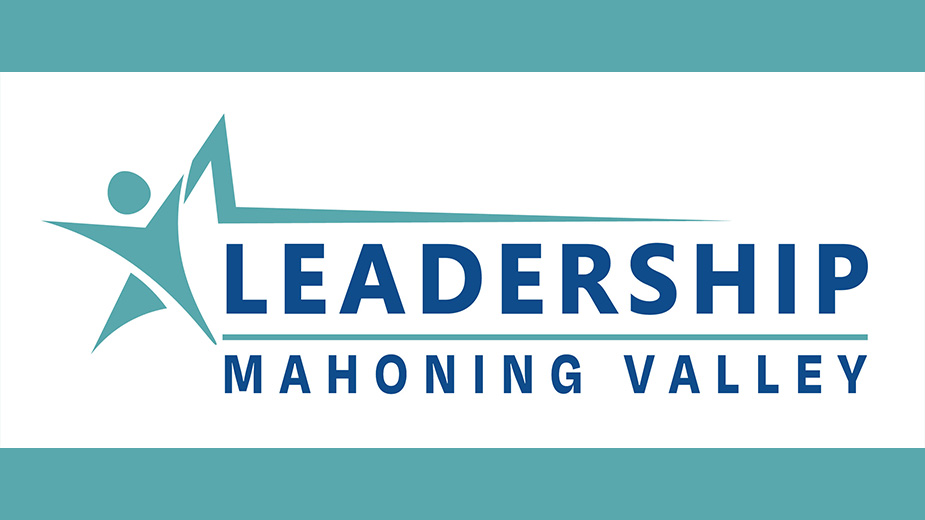Worried about Recession? CPAs Advise Prudence
YOUNGSTOWN, Ohio – Despite headwinds such as rising interest rates, trade threats and chatter about a looming recession, companies are confident that 2019 should be another strong year.
Yet it doesn’t mean area businesses shouldn’t prepare for the worst, advise local accounting firms. At the very least, these companies should have some plan in place to navigate any unforeseen skids in the economy that might affect their bottom lines or customer bases.
“If it’s a client conducting normal business, we tell them to be conservative,” says John Cournan, principal at Packer Thomas, a public accounting and business-consulting firm based in Canfield. “Things such as tax breaks are nice, but buy only what you need. Plan for the fact that the economy is not always going to be booming.”
Cournan says his clients all report strong performance numbers this year, while sales and order books appear equally as sturdy headed into 2019. “Clients are optimistic and are moving along at a reasonably good pace,” he says.
During the first half of 2018, there were some concerns over the Trump administration’s tariff policy and how it would affect the overall economy, Cournan says. Many of those fears were tempered with the newly renegotiated Nafta agreement, now named the USMCA, or the United States, Mexico, Canada Agreement.
While their concerns over trade strife with China remain, most clients “like what they see out of the windshield,” Cournan notes. “Right now, we’re riding a decent economy – gas prices are low, and that’s a pay increase in itself,” he says.
The advice certified public accountants and consultants provide their corporate clients is tied specifically to the needs of that specific business, Cournan says. Still, there are measures that all companies should take even in the best of times.
“The best thing to do is manage the debt level,” Cournan says. “Manage the business and mind the details of the business.”
New investments and expansions are tempting when the economy is booming, but any such ventures should always be carefully weighed against the balance sheet of a company, he continues. Large amounts of equity, as opposed to debt, plus a hefty stockpile of cash, allows more flexibility in both good and bad times.
“There is a very large company that was doing two projects at two facilities at more than $100 million each,” Cournan relates. “They had the money to pay for it and gained market share when the economy turned around.”
The condition of the economy is often irrelevant when it comes to business planning, says Dave Blasko, principal-in-charge of northeastern Ohio region at HBK CPAs & Consultants, based in Canfield. “The goal is to have the companies prepared no matter what the economy is like and be proactive in what they’re doing,” he says. “They have to be flexible enough to continue to grow.”
Blasko says the key is adopting a controlled growth plan that could withstand a sharp downturn or a recession. “Every situation is different,” he says.
Therefore it’s not unusual to recommend more than one strategy that would allow companies to adapt as the economy shifts, says Jim Dascenszo, principal at HBK. “We’ve developed multiple strategies for several of my clients,” he says. “Budgeting, debt projection, cash flow – planning is paramount and these are the most important in a changing economy.”
Rising interest rates, for example, might affect the decision of a company to seek financing for a particular project or purchase, Dascenszo says. “As interest rates creep up, it presents other opportunities they may have, such as whether it’s more practical to buy or lease,” he says.
While it is conventional for companies to sock cash away to prepare for the worst, it’s also important for these firms to do all they can to retain their most experienced and skilled employees, Dascenszo says. “People are their most important capital,” he says. “The biggest challenge my clients face today is finding workers, finding good employees.”
One client, Dascenszo says, advertises perks such as free lunches and weekly bonuses just to get prospects in the door for interviews. “And still they have trouble finding people,” he says.
Even with these challenges, none of his clients are talking recession yet, Dascenszo says. “They’re not even thinking about it,” he explains. “They’re focused on today. But, one bit of advice is to keep the best people and make sure you keep them working.”
Businesses headed into 2019 might be in a better position to withstand any downturn in the economy or recession, observes Don Augenstein, principal at Augenstein Mapes & Co. CPAs in Canfield. “With the reduction in corporate taxes, businesses owners are paying less, so they can save more cash,” he says. “You don’t want to have a significant amount of debt.”
Under the new tax plan, for example, the tax rate for C corporations has been reduced to 21% from 35%, allowing for more opportunities to save money, pay down debt or explore diversification ventures, Augenstein says.
Rising interest rates might have spurred businesses to expedite paying down debt at a faster pace than rates were lower, leaving companies in a stronger position should a recession hit, Augenstein says. “I personally don’t see a looming recession,” he says. “But you should save as much cash as you can, push receivables to collect, and keep payables minimized through buying as is necessary.”
Tim Petrey, managing partner at HD Davis CPAs, based in Liberty Township, says he always encourages his clients to maintain a strong cash position no matter the state of the economy.
HD Davis specializes in handling small-to-medium size businesses with revenues of $25 million or less, Petrey says. This segment has fared well over the last two years, he says, noting advances in technology have allowed smaller firms to compete with larger companies.
“It’s been a pretty strong year client-wide,” Petrey says of 2018. “Despite GM, the local economy is showing positive signs. Everyone across the board has a positive outlook for 2019.”
On the other hand, the sting of the Great Recession remains fresh in clients’ minds, Petrey says. Rising interest rates have forced companies to re-examine debt – positioning them to lock into a fixed rate, as more increases are probable this year.
New trade policies under the Trump administration – namely the 25% tariffs on steel and the 10% tariff on aluminum, plus the ongoing trade dispute with China – are likely to have some effect on local business, Petrey says.
“Some have seen benefits. Some have experienced negative ramifications,” he says. However, the trade situation with China could have an overall positive effect on companies looking to other foreign or domestic sources for products and materials, sources that in the long-term could save them money.
“It’s forced them into these kind of conversations,” he says. “They might find out that they could have been doing business with these sources all along, saving money and improving their company.”
Pictured: David J. Blasko and James Dascenzo, principals with HBK, tell their clients “planning in paramount.”
Copyright 2024 The Business Journal, Youngstown, Ohio.



